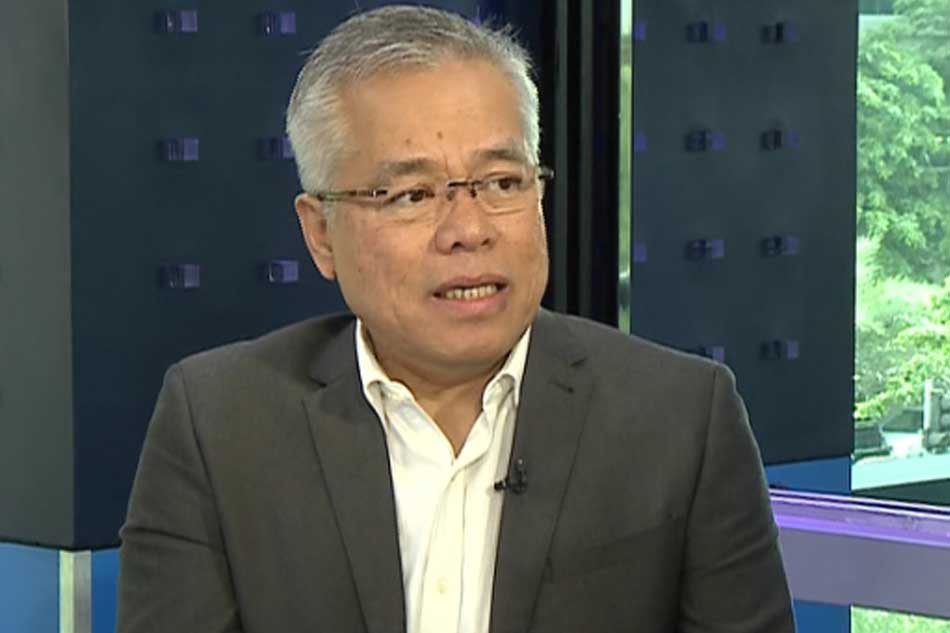Manila keeps focus on RCEP despite TPP breakthrough
Business Mirror | 24 January 2018
Manila keeps focus on RCEP despite TPP breakthrough
by Elijah Felice Rosales
Manila will continue to focus its efforts to concluding the Regional Comprehensive Economic Partnership (RCEP) despite the breakthrough made by the 11 remaining negotiating countries in the Trans-Pacific Partnership (TPP).
“Current focus is on [the] RCEP,” Trade Secretary Ramon M. Lopez told the BusinessMirror.
Still, Lopez, who is now in India for President Duterte’s state visit there, said the Philippines will assess anew the benefits of joining the TPP. “[We are now] revisiting the feasibility, [even] without the US there.”
The remaining 11 countries involved in the TPP were able to revive the agreement, which hung in the balance after the US, as ordered by President Donald J. Trump, withdrew its membership last year. The final deal is expected to be signed on March 8 in Chile.
Lopez said the country has “several interests” in the TPP, but did not elaborate what these interests are.
The TPP is a free-trade agreement designed to lower tariff and nontariff barriers to trade involving Australia, Brunei Darussalam, Canada, Chile, Japan, Malaysia, Mexico, New Zealand, Peru, Singapore and Vietnam.
Canadian Prime Minister Justin Trudeau on Tuesday said the 11 TPP participating countries were able to thresh out their outstanding issues, resulting in the conclusion of talks on what is now known as the Comprehensive and Progressive Agreement on TPP. “The agreement reached in Tokyo today is the right deal,” he said at the World Economic Forum in Davos, Switzerland.
Canada returned its backing to the TPP after almost pulling off a Trump last November in a bid to protect its cultural industries, such as movies, TV and music. Australia and Japan led efforts to regain Canada’s full trust in the TPP, and were able to do so after the agreement included a revised arrangement on cars with Tokyo and the lifting of intellectual-property provisions that had been Ottawa’s major concern.
The 16 participating countries in the China-led RCEP, on the other hand, will try to conclude the agreement this year under Singapore’s chairmanship of the Asean, Trade Undersecretary Ceferino S. Rodolfo Jr. said on January 15. The RCEP economies account for almost half of the world’s population and contribute about 30 percent of global GDP and more than a quarter of world exports.






